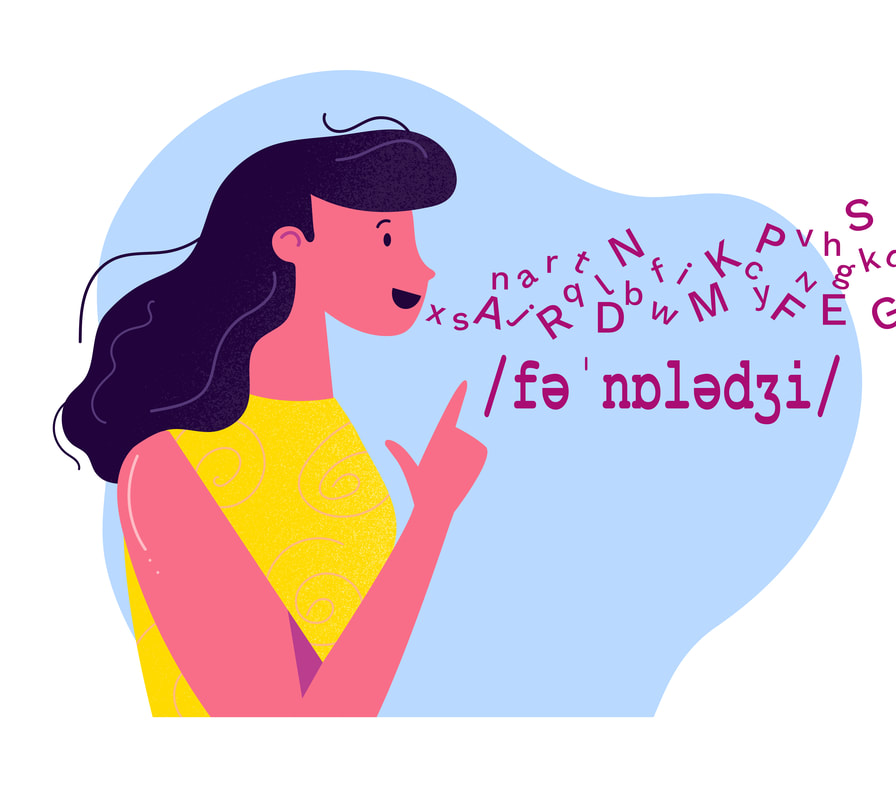It is highly important to draw a distinction between regional accents and regional dialects. It is also worth mentioning that there is no right or wrong accent. Our view of accent is purely sociological.
A | Regional accents
Regional accent refers to the features of pronunciation which convey information about a person's geographical origin. In other words, accents are aspects of pronunciation that allow us to identify where the speaker is from. Thus, accents are more about pronunciation than grammar and vocabulary in general. Indeed, accents tell you where someone comes from but they do it through sounds rather than through sentences. If two people speak English with a different accent they are very likely to understand each other. This is not always the case for dialects. It is also important to remember that there is no such thing as a country with just one accident. In Scotland, the way people sound in Glasgow is very different from the way they sound in Edinburgh or Aberdeen. It is of course the case in all the English-speaking countries. There is not just one American accent or one Australian accent but there are many different pronunciations in these countries. The United Kingdom has the most local accents of any English-speaking country in the world. As a consequence, there is not a single “British Accent”. The Standard British Accent – also called Received Pronunciation (RP) is an idealized variety because it has no specific region and is spoken by only 4% of British speakers. It is the version of English associated with administrative, commercial, broadcasting and education. It is also the variety of English that is taught to those who want to learn English as a foreign language.
B | Regional Dialects
Regional dialects refer to features of grammar and vocabulary which convey information about a person’s geographical origin. The term dialect is used to describe features of grammar and vocabulary as well as aspects of pronunciation. A dialect is a way of talking that belongs to a particular part of the country. It uses local words and phrases. For example, if you hear someone talking about a “wee child” (a little child) or a “lassie” (girl) it would be fair to say that they are from Scotland. If someone greets you by saying: “Fit like” (How are you?), they must be from Aberdeen. Dialects also have their distinctive patterns of grammar. For example, in Scottish English, there is a specific way of saying “Can’t”. Some Scottish people would rather say “Cannae”. Someone from Glasgow will probably say: “Gonnae no dae that!” instead of “Stop it”. In the United States, many speakers would use the preterit instead of the present perfect with adverbs such as already, just and yet. For example: “I have just done it” [Standard British English] / “I just did it” [General American].

